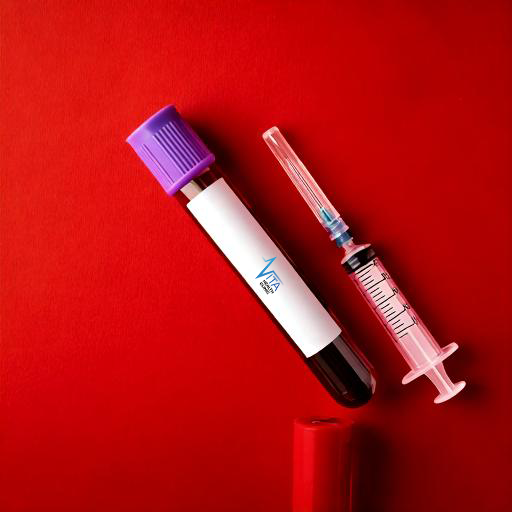
Vita Health Clinic reserve the right to change the ingredients, prices and products of all our services on a daily basis. Our products, ingredients and prices are subject to change at the discretion of Vita Health Clinic up until payment for your Drip, Booster or Checks.
Discover our most popular products, trusted by customers for their quality and effectiveness.
Vita Health Clinic Ltd 2023. Company registered number: 15275009. Registered Address: 22a Park Road, Bingley, West Yorkshire, BD16 4JD
Financial Conduct Authority, registration number 978517. Credit is subject to status.